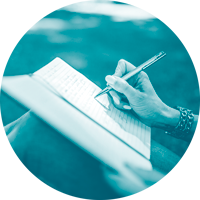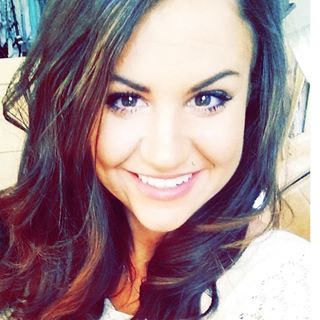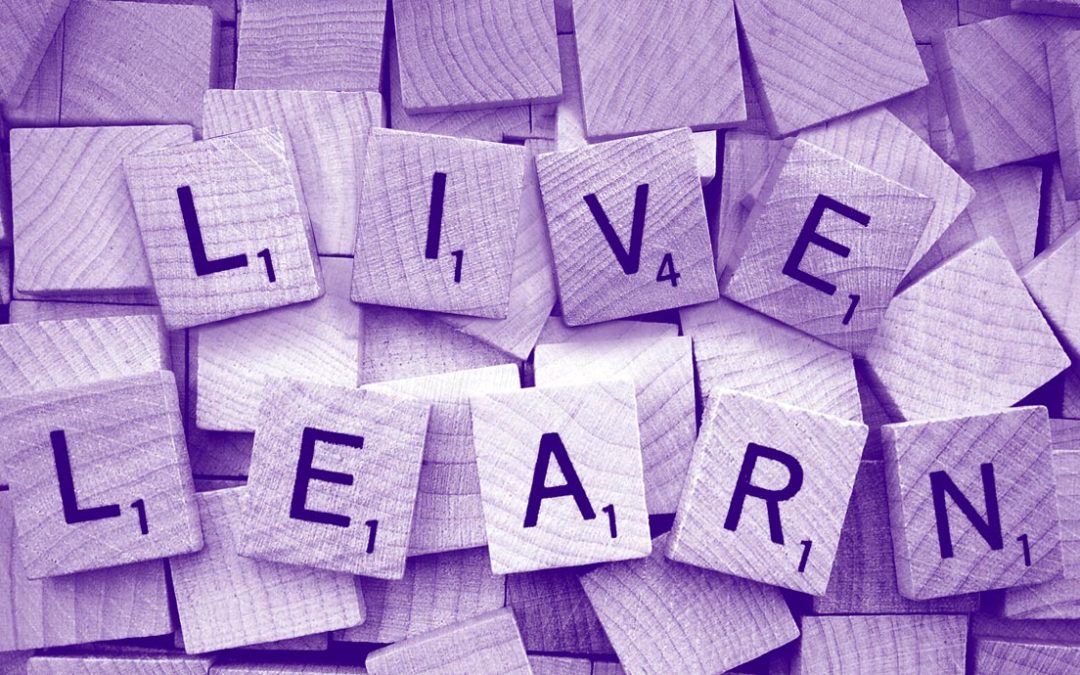4 Lessons I Learned After Relapse
The word relapse often carries a deep, negative association when it comes to drug & alcohol addiction. Feelings of shame, regret, failure & guilt can keep a person who relapsed stuck in the cycle of addiction. Today, I know that relapse was merely part of my story. And I don’t look at my relapses as something negative that happened to me. I look at my relapses as part of my learning experience, my lessons. From every relapse, I learned something. Here are 4 of the most important lessons I learned from my relapses.

by Lara Frazier
1. Wanting to quit drugs and alcohol was not enough. I had to take action & do the work.
I had a sincere desire to quit using. You could even say I was given the gift of desperation. I was sick and tired of feeling sick and tired & I wanted things to be different. My drug use was negatively effecting my life in a thousand or so ways, and I saw this, clearly. However, my most sincere desires & intentions would never lead to long-term recovery. This is why they tell you that recovery isn’t easy. Because, it’s not.
Most recovery programs rely on a plan of action. You can’t just pray, meditate, or wish away addiction. If you could, our world would look much differently than it does today.
The reason so many people fail to maintain their recovery is because at some point in their recovery they stop doing the work that maintained their sobriety. And “the work,” well that can look different for every person. There are multiple pathways to recovery. In the early days of my recovery, my work consisted of 12 step meetings, working the 12 steps with a sponsor, therapy, poetry, journaling, helping other women, working a part-time job, prayer, service commitments (like speaking at treatment centers about the recovery process), reading, learning to sit with cravings and not act on them, maintaining community and connection, walking through fears, taking my mental health medications as prescribed, and learning to cope with life on life terms. Today, the work that I do to maintain my recovery looks a bit different, but my recovery always remains as my top priority.
2. All the work I did prior to my relapse, was not lost.
I don’t love the word relapse anymore. Often times, when speaking to people about what happens when they drink or use after a period of recovery, I will call it a slip. You slipped up. Life isn’t over. You didn’t forget everything you learned in the months or years or days prior to the relapse. Our minds will remember.
For me, reading & educating myself on my own addiction helped me immensely. The first book I picked up, outside of my required 12 step reading, was In The Realm of Hungry Ghosts by Gabor Mate. I remember lying in bed in my sober living home earnestly going through each page. It was mind-blowing to understand and see my addiction from another perspective. Things started to make sense. I was not a bad person – I was an addicted person. There is a huge difference. All the work I did in treatment was not lost – it was still there. After every relapse, I still remembered the tools and the words and the ways and the things I did that helped me in my recovery.
3. Rigorous Honesty is Always the Answer.
Shame, guilt, and feelings of failure after a relapse kept me from speaking up and speaking out. I had made amends to my family. I had new friends who were sober and loving their life in recovery. I had a job that I feared I would lose if they knew I used drugs again. I was in sober living home that had strict rules about drug and alcohol use. What would happen if I told the truth? All the what if’s about coming clean about my relapse left me in fear.
There were so many times I lied about my relapse. My use would only continue and get worse the more I lied. After realizing this, I came to understand that I had to be honest if I wanted to maintain my recovery. During my last relapse, I told the truth. I said I needed help and that I didn’t know what to do. I had learned what dishonesty brought, but I had never learned what honesty brought. Instead of judgement and accusations, I received compassion and understanding.
The more you speak openly about what happened, the more people will accept and help you. Today, in my recovery, I practice rigorous honesty in all of my affairs. Even small white lies will lead me to a drink or a drug. I know this with all my heart because it’s been proven to me time and time again.
4. Recovery was the greatest gift I could give myself and the people I loved.
My addiction broke not only me, but my family. It hurt the ones I loved and the more time I had in recovery, the more I realized how much my actions affected the people who meant the most to me. I thought at one point that I didn’t need anyone else. I thought that drugs would provide me the comfort that I needed. I didn’t think of others, because all I could think about was escaping reality.
Recovery, at first, seemed boring – it seemed like a life sentence of control. I was independent, unique, spunky – I didn’t want to conform to society. I wanted to be my own person. How could I follow all these rules? What do these people know? I always thought I could do it my own way. I finally realized my own way was not only killing me, but it was killing the people who loved me unconditionally.
When I stepped into recovery fully, when I did the work, when I reframed my thoughts about drinking and using – I realized that recovery was the answer. Not drinking was actually a rebellious choice. Choosing recovery was making an empowering decision to take control over my life, by releasing control. Over time, I have come to realize that my recovery is a gift that keeps on giving. I also know that all those relapses led me here, they led me to myself & to a life beyond my wildest dreams.

ABOUT LARA
Lara Frazier is a truth-teller, a sobriety warrior and a writer. She is a FIERCE believer in the power of owning our stories and is a strong advocate for addiction recovery. Lara shares a story of healing: in sobriety, through addiction, in life and love, and in all the other big huge moments of fear and magic that we rarely talk about, but we should. Find more of Lara’s work on her website at www.larafrazier.com or follow her on Instagram @sillylara.


